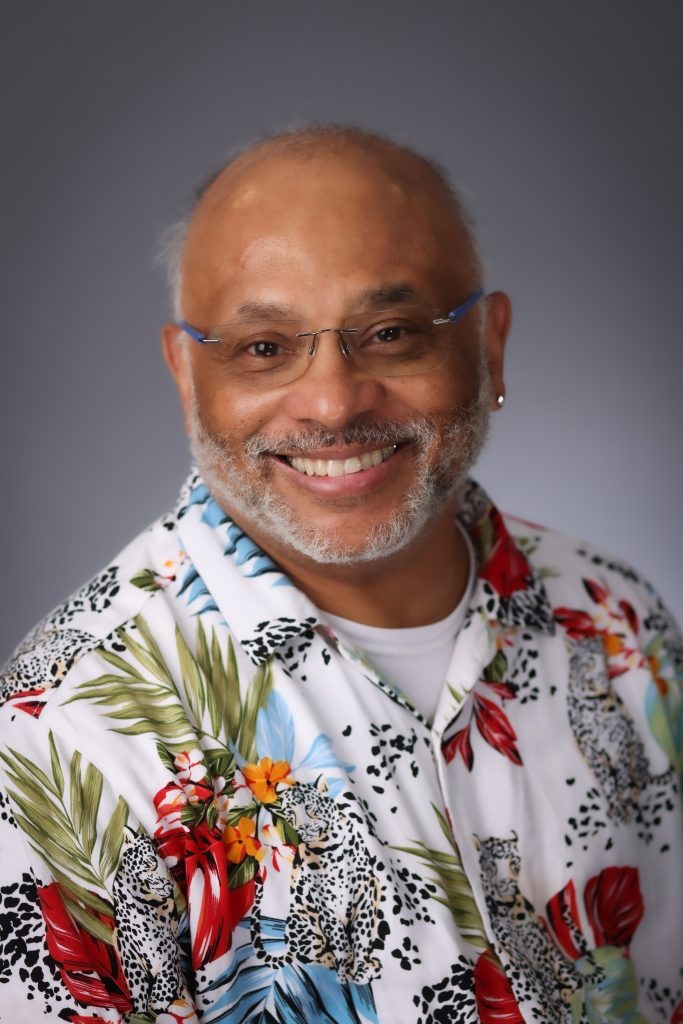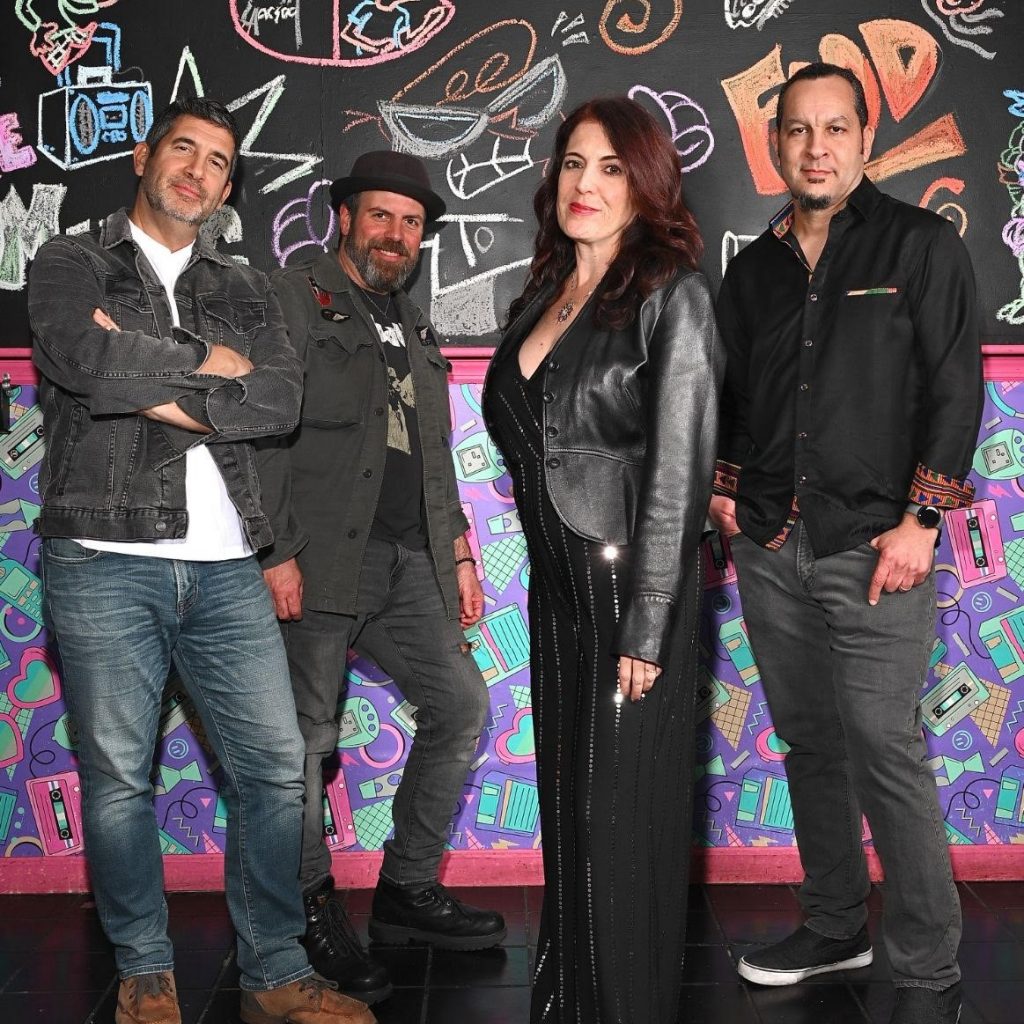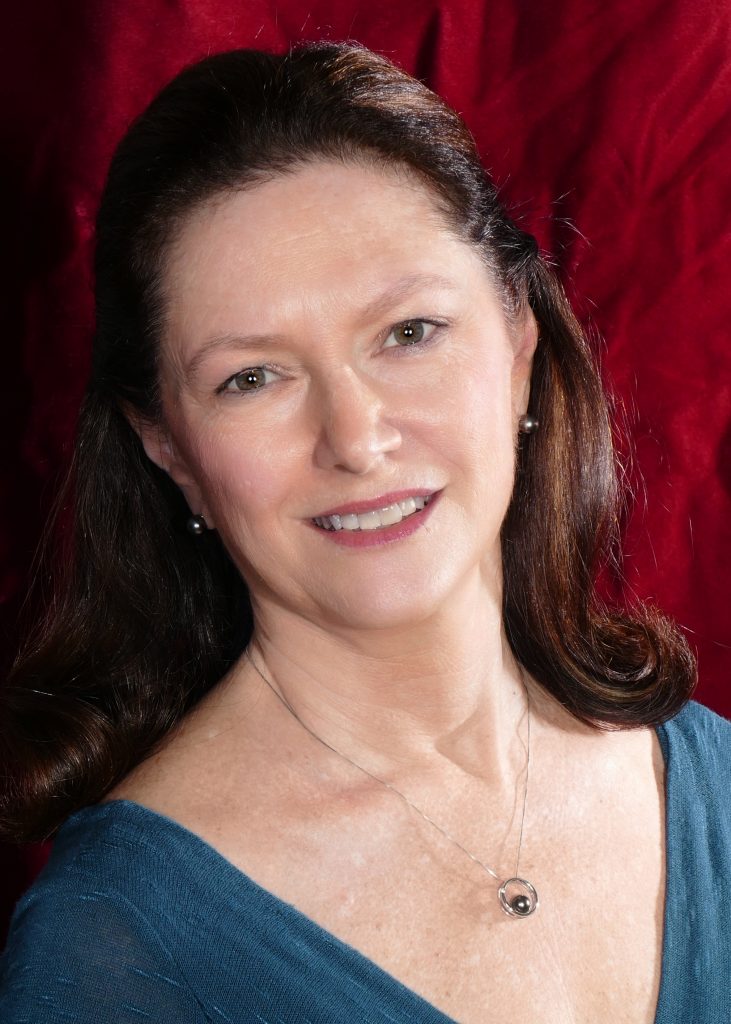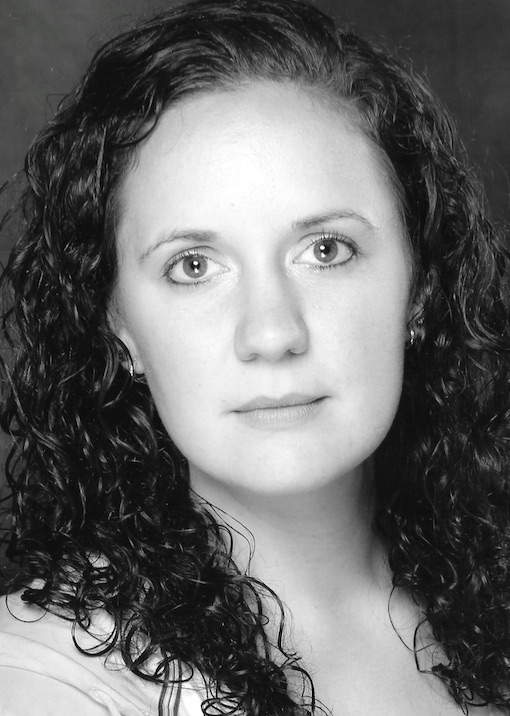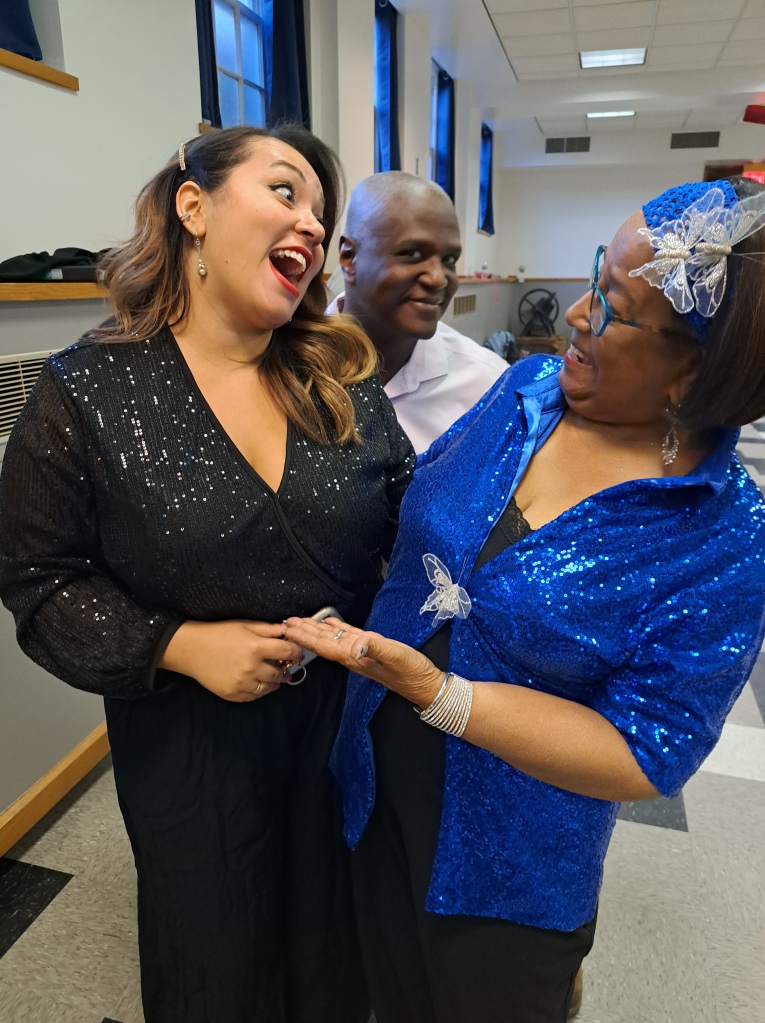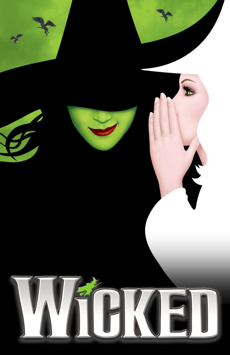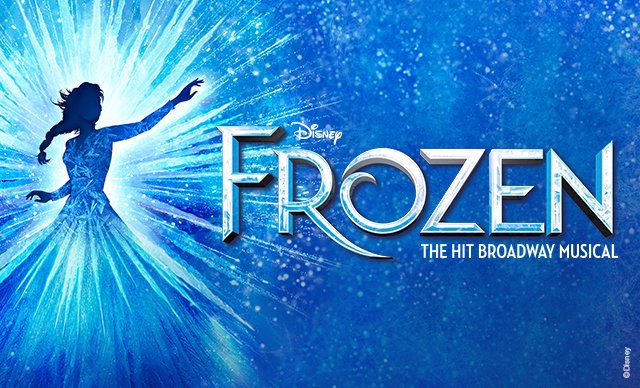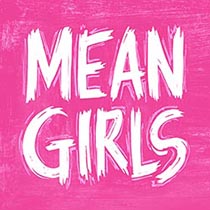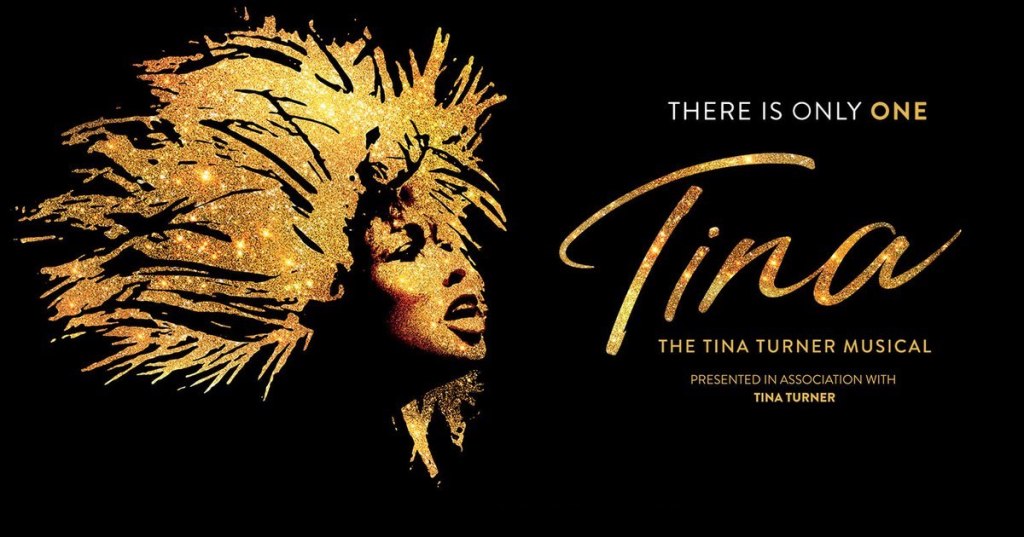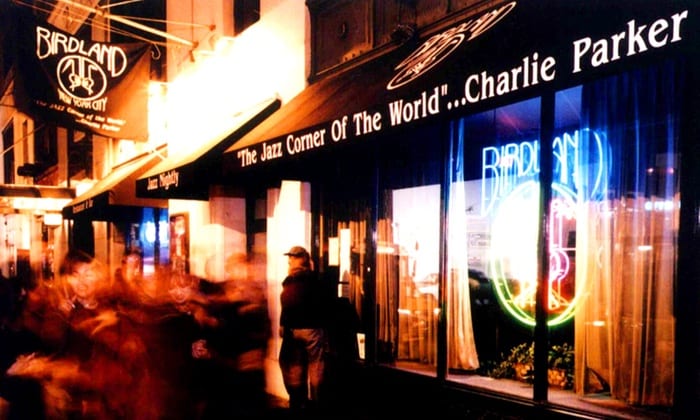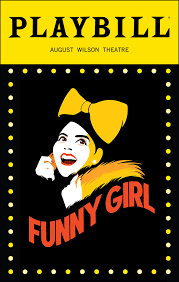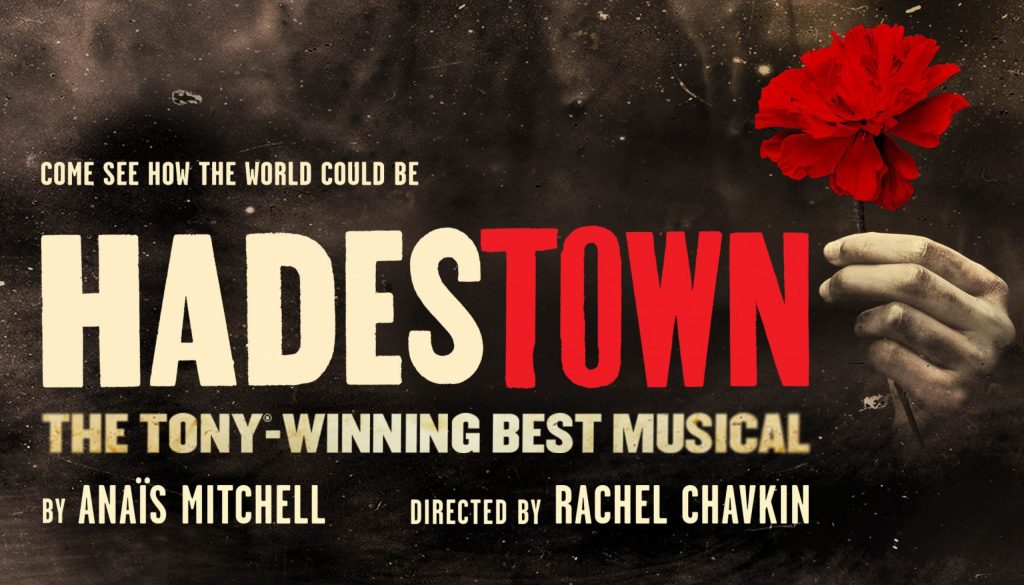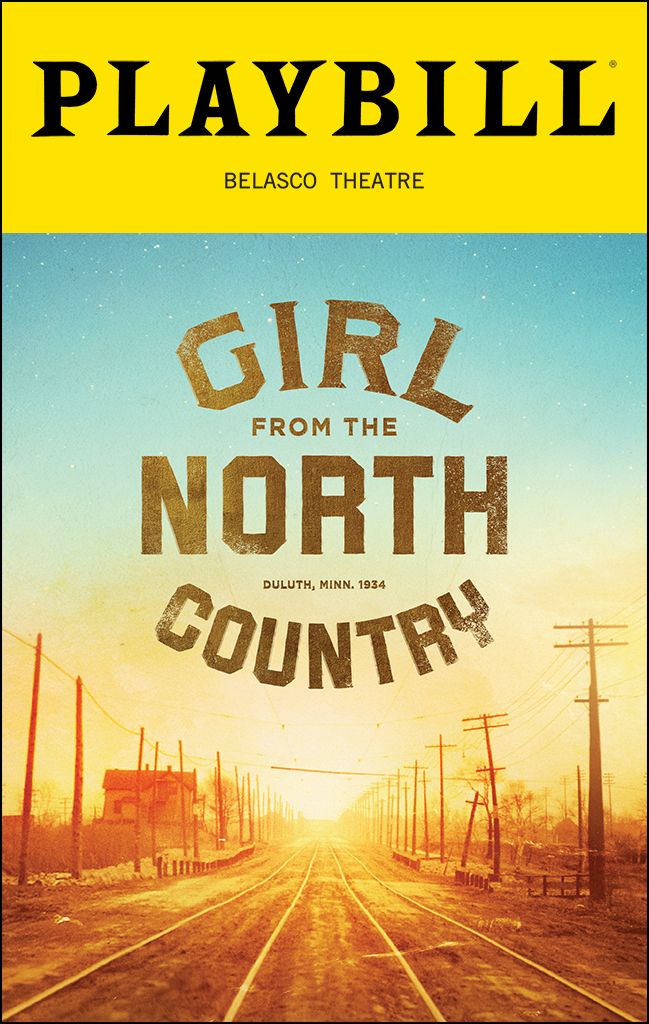by Eric Denver

Bethesda Little Theatre (BLT) certainly pulled out all the colors of the rainbow for their latest show on the first two weekends of June 2025. If you missed seeing HUES IN HARMONY: A MUSICAL SPECTRUM, you’re out of luck, but if you were one of many who were in their seats at one of the six presentations, you experienced an award-winning extravaganza.
This special “gem” of a theater has been around as a part of Bethesda’s not-for-profit theater community since 1980. BLT’s mission is to promote the Arts of drama, dance, singing music and speech. Their mission statement also includes verbiage which touches my heart. Its purpose is to develop public appreciation for these arts through performance and other activities. In my opinion, they certainly achieved their objectives with this production.
Most important, a spectator reading the Director Laura Holmes’ notes within the playbill, should read her one-pager before seeing the show – – – I haven’t changed a word from the playbill. Laura writes “that you are about to explore the emotional language of color – how a single hue can shape a song’s meaning and music can, in turn, color our memories. The show’s 27 numbers are like brushstrokes on a vibrant canvas: the blues of longing, the greens of nostalgia and discovery, the yellows of reflection and breaking free, and the reds of romance and desires. All together they paint a picture of the human experience- layered heartfelt and full of surprises.” Laura goes on to detail the wealth of opportunities, in putting together this masterpiece. Her biggest challenge, I presume, as to how to limit it to two acts. She states in the Director’s notes that “she could have created four acts with the wealth of opportunities she had to choose from.”
Most of the individual members in the show contained a color starting out with a Rainbow Medley to open the production. We then progress through the colors of red, orange, yellow, green, blue, indigo, and violet and that was just Act I. Then, Act II continues with “Live in Living Color” (referring of course to the NBC Peacock) and continues with brown, black, gold, white and commences with “Over the Rainbow” from of course the Wizard of Oz! Each of the 27 songs were performed by one, two or even more members of the cast and included choreography, which was added to some of the individual selections. The director incorporated verticality in the production by having the cast perform on different height levels of the stage’s planks. There was a 3-piece band including a multi-purpose keyboard, bass guitar, and drums. To retain the audience’s attention throughout the play, even the cast at times were musically participating through their utilization of their personal playing of the saxophone, guitar, and violin accompanied with appropriate dancing styles including country, pop, jazz, Broadway, and movie music. There was definitely no doze-off time for the audience…there was so much entertainment to appreciate throughout the production.
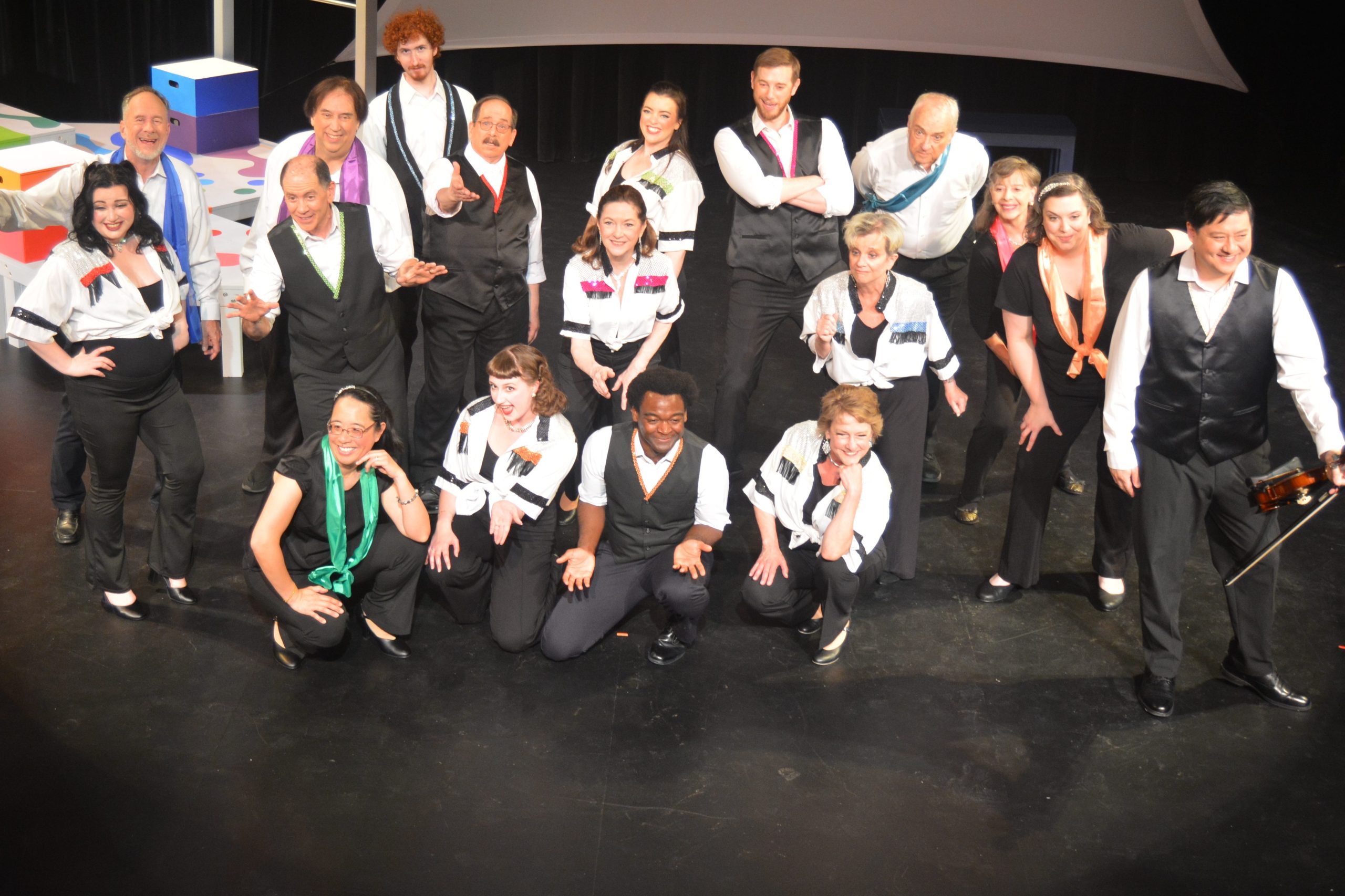
It should be noted, there were 18 actors in the show. To put any emphasis on any of them individually, as most reviews might do, could not be accomplished. Together the cast was supercalifragilisticexpialidocious. With the director’s help, they provided a memorable experience. The order of the show’s songs were selected by both the Director and Music Director (Francine Krasowska). The music was selected across the bandwidth from the 1920’s Bye-Bye Blackbird, moving through the years to a song by Barbara Streisand from “My Coloring Book.” Traveling through the Hues in Harmony, the audience may have imagined that they were walking down the yellow brick road during the entire two-act performance. To encapsulate this entire review, I quote a sentence from the Director’s notes…”COLOR is a power which directly influences the soul. I believe this show taps into that power…not only with sound and shade, but with laughter, storytelling, movement and heart!”
If you unfortunately missed the opportunity to experience this performance piece of art, maybe you can convince the Kennedy Center to produce it for at least a month! No doubt, it will be impossible to get tickets.




